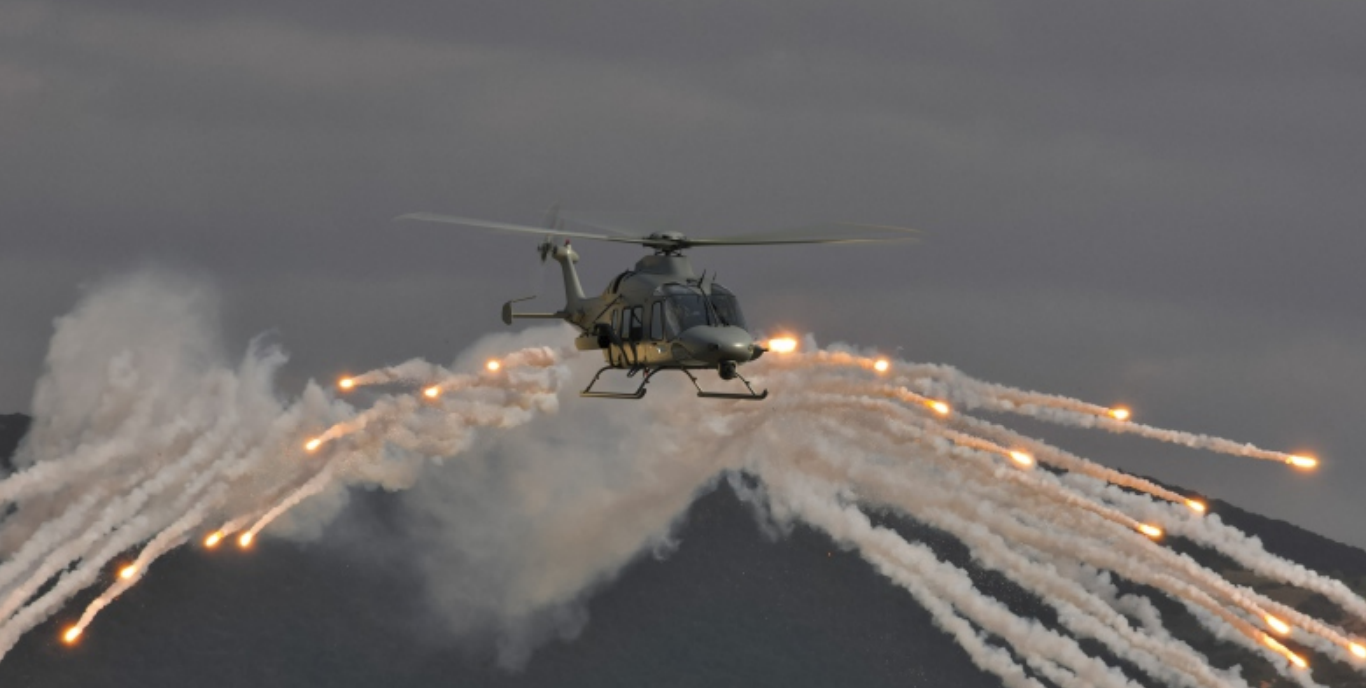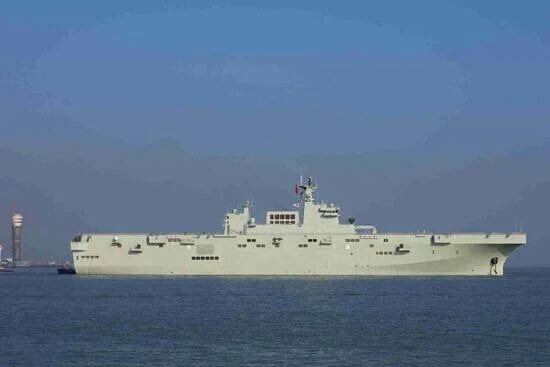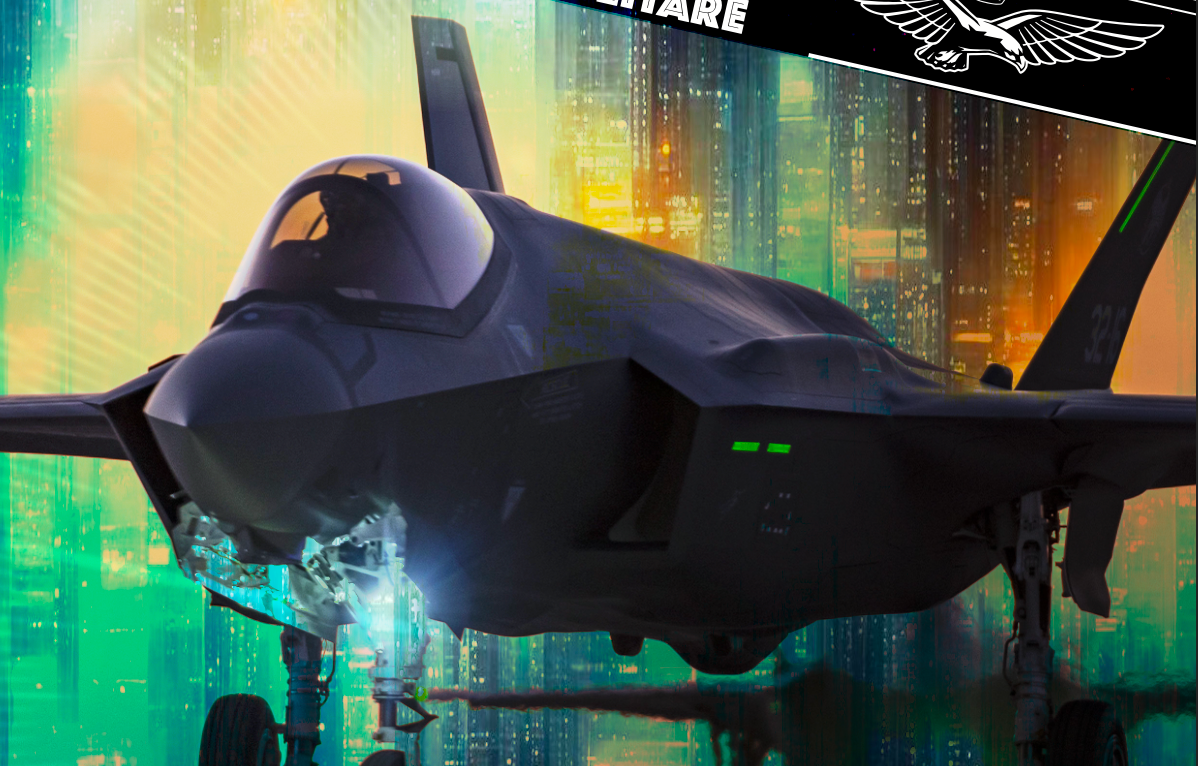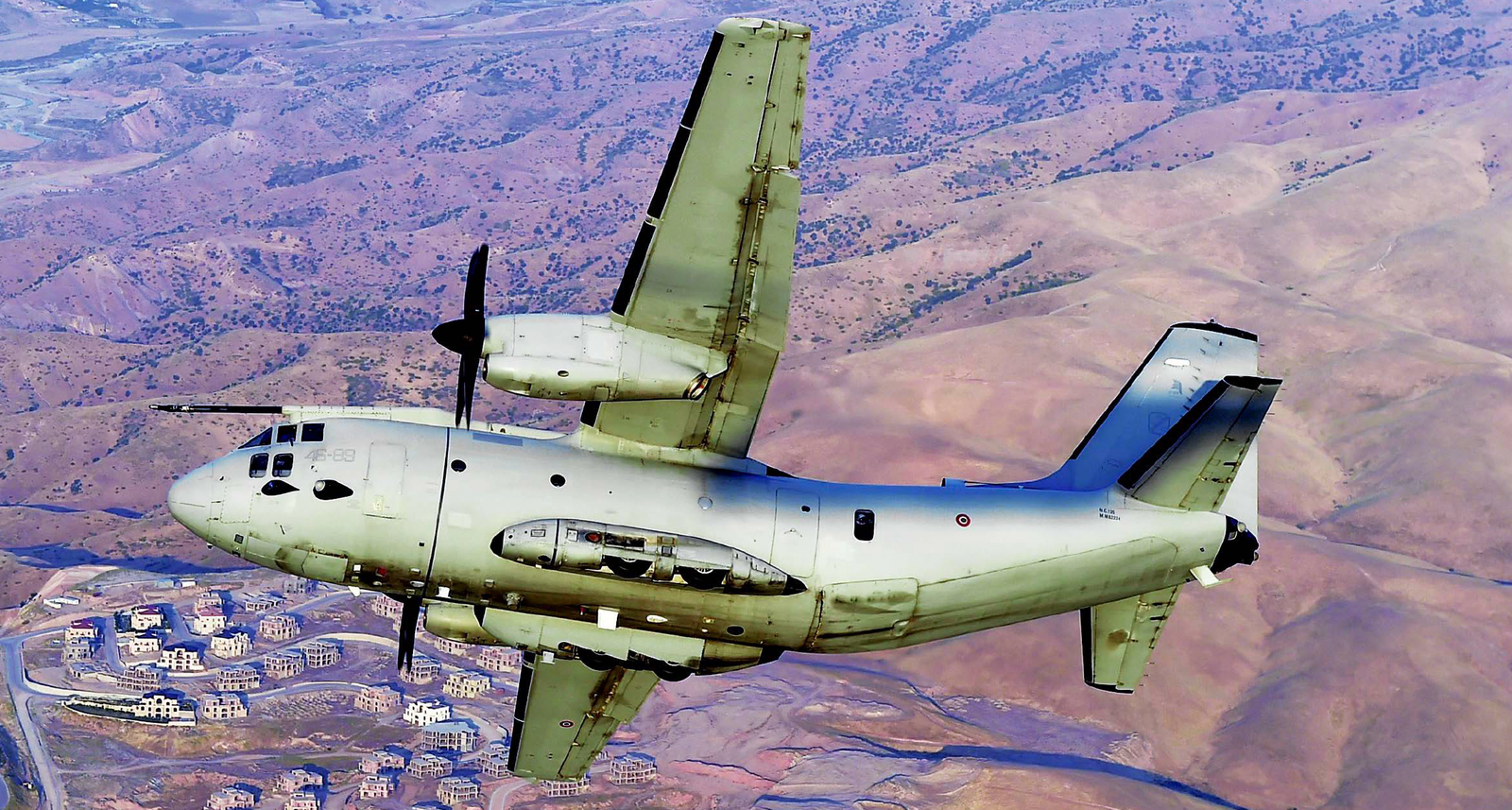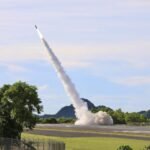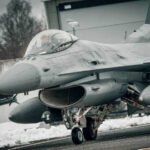The Italian Air Force is spearheading an ambitious project to revolutionize rotary-wing pilot training with the creation of a state-of-the-art Helicopter School in Viterbo. Set to launch its courses in January 2026, the school will consolidate Italy’s position as a leader in advanced aviation education and international defense collaboration.
Strategic Relocation and Modern Infrastructure
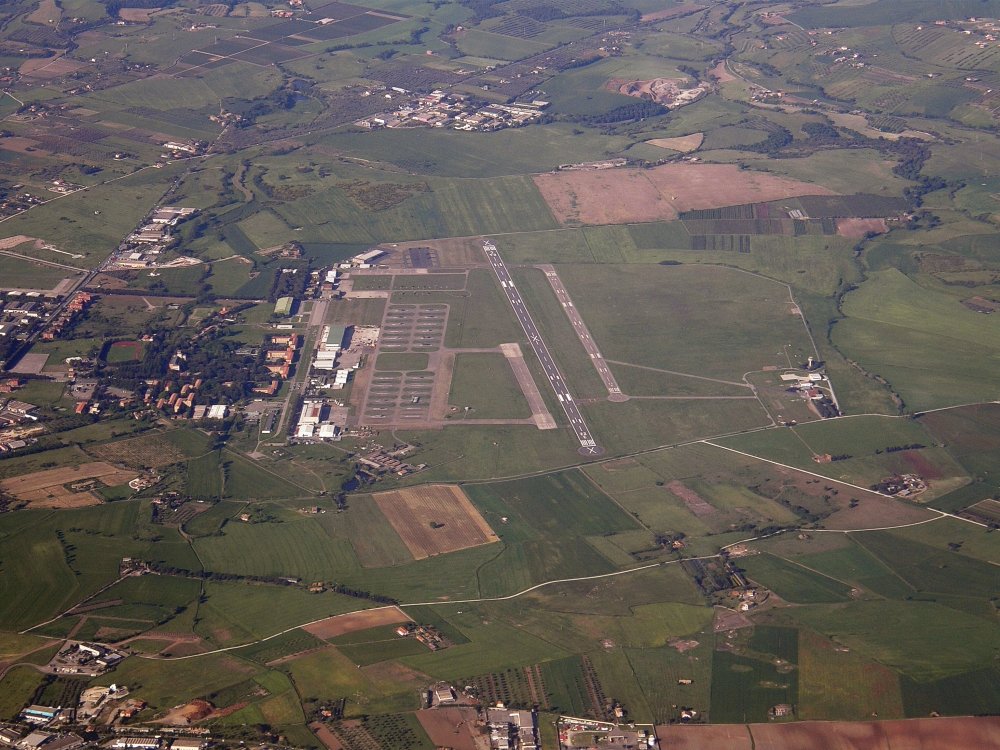
By 2025, the Air Force plans to transfer its rotary-wing training operations from the 72nd Wing in Frosinone to the new Viterbo facility. This move underscores a strategic shift toward centralized, technology-driven training. The cornerstone of the project is the development of a Ground Based Training System (GBTS), a high-tech hub integrating advanced flight simulators, virtual reality tools, and interactive courses. The GBTS will enable trainees to master complex flight scenarios in a risk-free environment before transitioning to real aircraft.
Fleet Expansion: 30 AW.169 Helicopters
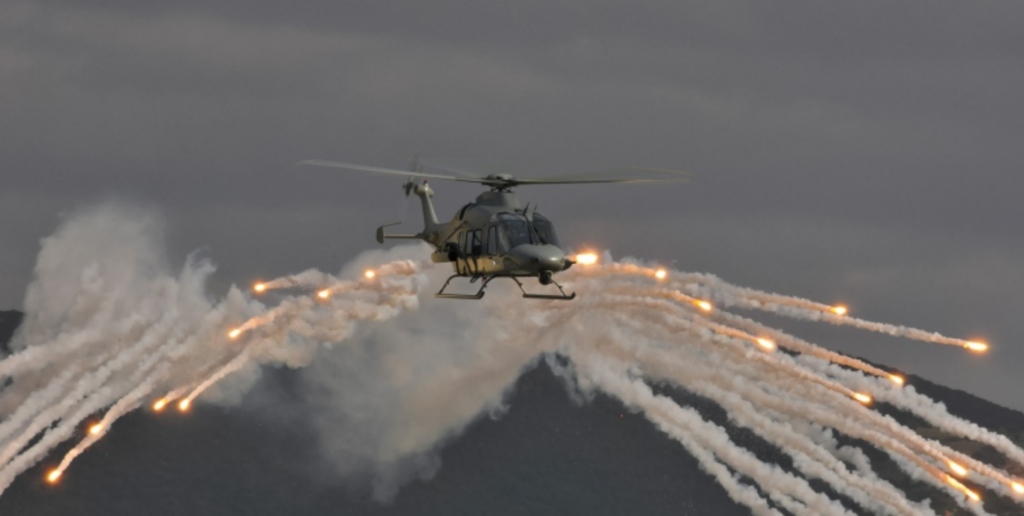
A key component of the initiative is the acquisition of 30 Leonardo AW.169 helicopters, versatile aircraft tailored to meet both foundational training needs and advanced operational requirements. These helicopters are designed for “dual-use” missions, preparing pilots for diverse roles—from search-and-rescue operations to disaster relief and combat missions. Their advanced avionics and multirole capabilities ensure trainees gain hands-on experience with platforms used in real-world military and civilian contexts.
Training Capacity and Global Collaboration
The school will employ approximately 50 instructors to train 60–70 students annually, with a focus on quality over quantity. The rigorous curriculum aims to accumulate up to 2,500 simulated flight hours and 9,000 real flight hours each year, ensuring graduates are adept at handling high-stakes scenarios. By emphasizing adaptability and technical proficiency, the program will produce pilots capable of operating in complex, dynamic environments—a critical asset for modern defense forces.
Beyond national priorities, the school seeks to foster international cooperation. By sharing Italy’s expertise in rotary-wing operations, the facility will serve as a platform for joint training programs, strengthening alliances and promoting interoperability among NATO and partner nations.
A Vision for the Future
The Viterbo Helicopter School is more than a training center—it is a forward-looking investment in Italy’s defense and global leadership. By creating a dynamic, innovation-driven environment, the Air Force aims to equip young pilots with the skills to tackle emerging challenges, from hybrid warfare to humanitarian crises. As the 2026 launch approaches, the project signals Italy’s commitment to excellence in aviation and its role as a key player in shaping the future of military training.
This initiative not only modernizes Italy’s defense infrastructure but also positions the country as a hub for cutting-edge aerospace education, ready to meet the demands of an increasingly complex global security landscape.

